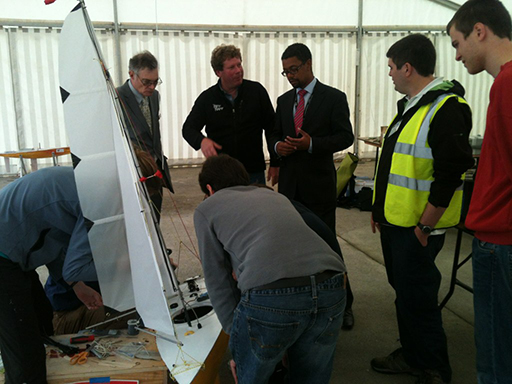1.3 Destructive consent, constructive dissent
Management and command in organisations are premised on people’s compliance, their following of rules and orders. Leadership, however, needs a spark of disagreement to generate energy. It needs friction to shake people out of dominant ways of thinking and doing.
Organisations can suffer from ‘destructive consent’ (Grint and Smolović Jones, 2022, p. 63). This is the problem of people agreeing on the surface with something they suspect will prove harmful because they do not want to experience discomfort or harm by voicing opposition. Organisations can fail because no one has held the actions and ideas of formal leaders to account. This is not to blame more junior people for things going wrong, but rather to say that organisations can disempower employees to such an extent that they are unwilling to speak truth to power for fear of the consequences.

Donna Ladkin (2021, p. 396) discusses the notion of a ‘double consciousness’, meaning that Black people often pay more attention not only to what they think and believe in, but how their words and actions are being perceived by others – i.e., potentially through the lens of racism and racial stereotypes. Such double consciousness can be an issue even for very senior leaders, who appear – on the surface – to be among the most assured and confident of people. Additionally, as articulated by Puwar (2004, p. 61), Black people and other minorities are often subject to ‘super-surveillance’, with their actions being under heavier scrutiny. The Welsh Minister for the Economy, Vaughan Gething, for example, has spoken about how he can feel pressure to moderate his language and tone so he’s not seen as an ‘angry black man’ (ITV, 2020). As Gething states, the real problem is that organisations and societies need to be able to deal with ‘robust and assertive’ contributions from anyone. The problem is not caused and generated by Black people – it is created by organisations and societies.
Leadership should therefore encourage robust challenge, what Grint and Smolović Jones (2022, p. 63) call ‘constructive dissent’, the speaking of truth to power in ways that help build alternative solutions. Organisations need to think about how they can encourage more conflict, rather than less.
